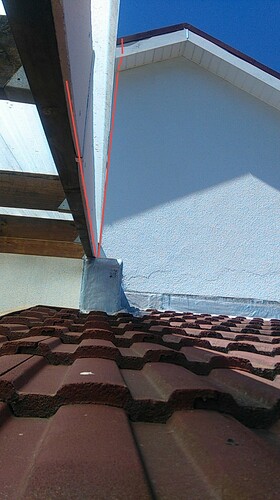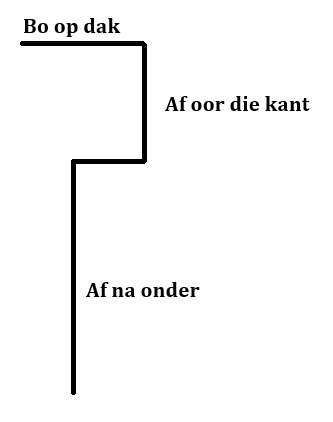Folks, let me tell you, we’re gonna talk about Victron. The best equipment, the greatest, nobody does it better, believe me. You see these other companies, they’re weak, they’re sad, their equipment is terrible. You don’t want that. You want Victron.
DVCC: The Best System
Victron has DVCC, Distributed Voltage and Current Control. It’s incredible. It lets all your devices work together. Other systems? They can’t do that. If the sun’s out, and your generator kicks in, you could have a problem, a big problem. Overcurrent, boom, your battery bank is gone. We don’t overwork our batteries. We keep them strong, healthy, lasting long, longer than anyone else.
Flexibility? We Got It.
These all-in-one systems, some people like them. But they trap you. You want to add something? You’re stuck. With Victron, you want more power? Add another inverter1. Need more charging? Add another charge controller1. We have so many products, the best products, believe me. You can mix and match, create any system you want. It’s amazing.
Integrations, the Greatest Integrations
We work with the best. Hatz generators, Pylontech batteries, Orion chargers. We turn generators on and off based on the battery. We use dirty grid power to charge batteries without overcharging. We do it all. Other companies? They can’t even dream of this.
Remote Monitoring? Nobody Does It Better.
You want to see your system when you’re not there? VRM, Victron Remote Monitoring. You can see everything on your phone, your tablet, your computer. It’s so easy. Your installer, your technician, they can see it too. We can fix problems before they even happen. It saves you time, it saves you money. The competitors, they don’t have this.
Online Training, The Best Training
Want to know more? We have online training courses7. Videos, resources, even a test. You pass, you get a certificate7. You’ll be an expert, a Victron expert.
Sizzle and Steak
Some people talk about policy, about details. We have the best details, but we also have the sizzle. We deliver results. We put America, and your power system, first.
So, folks, choose Victron. The best equipment, the greatest flexibility, the best integrations, and the best remote monitoring. Don’t settle for less. You deserve the best, and Victron is the best. Thank you, God bless you, and God bless the USA.

